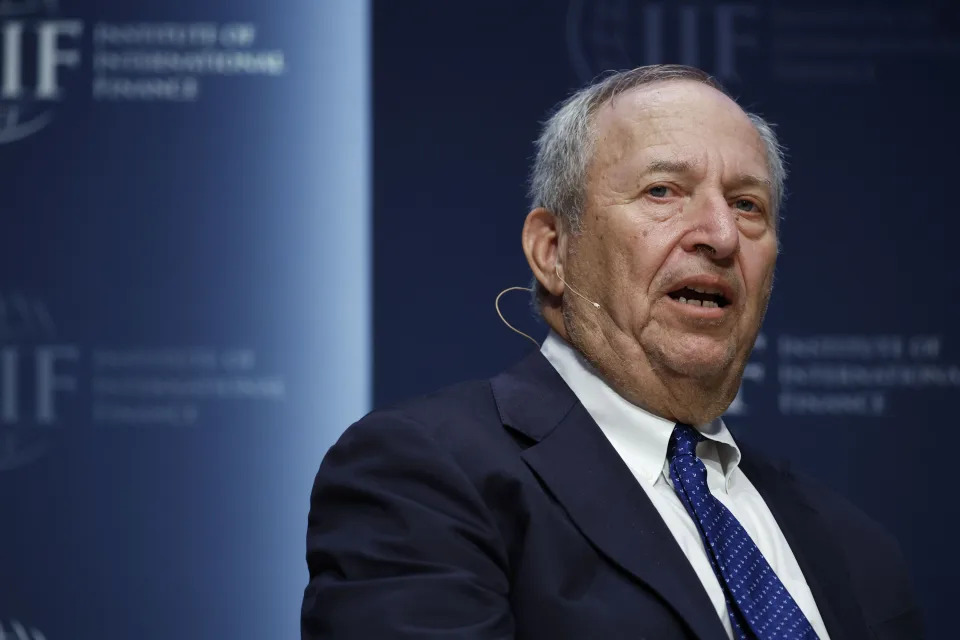(Bloomberg) -- Former Treasury Secretary Lawrence Summers said that while the August employment report wasn’t particularly poor, it did make predicting the size of the Federal Reserve’s likely interest-rate cut this month a tougher call.
“The numbers certainly didn’t show hugely pronounced weakness, but if you were concerned by the recent trend in the statistics, they certainly didn’t give you a clean bill of health for the economy,” Summers said on Bloomberg Television’s Wall Street Week with David Westin. “It’s looking like a closer call for 25 versus 50 in September than was my guess a month or two ago.”
US payrolls rose by a less-than-forecast 142,000 last month, with revisions also leaving July’s job growth weaker than previously reported. While the unemployment rate ticked down to 4.2%, investors increased bets on Fed policymakers lowering their benchmark rate by 50 basis points at the Sept. 17-18 meeting.
Ultimately, the size of the Fed’s first move isn’t crucial, said Summers, a Harvard University professor and paid contributor to Bloomberg TV. Officials will keep tabs on how the economic outlook unfolds and adjust policy to suit, he said.
“If the economy has substantial weakening, they’re going to cut rates a lot,” Summers said. “If the economy doesn’t have really substantial weakening, they’ll probably cut rates at a pace of about one cut a meeting.”
No Recession
He said at this point he isn’t assuming the US will fall into a recession, and if that turns out to be the case, then financial markets are anticipating too much in terms of Fed easing to come. Two-year Treasury yields fell as low as 3.59% Friday, the lowest level since the regional US bank crisis of March 2023.
The former Treasury chief also reiterated his opposition to blocking the Japanese company Nippon Steel Corp.’s proposed takeover of United States Steel Corp. President Joe Biden plans to kill it as soon as the so-called CFIUS referral lands on his desk, Bloomberg reported this week.
“This is not something that should be brought to final resolution in a heated political climate,” he said, suggesting the ultimate decision would be better made after the November election.
There is “no legitimate national security or reasonable economic rationale for the prevention of this deal,” Summers said. Japan “is one of our staunchest allies,” he said.
Industry analysts have warned that US Steel faces the prospect of being broken up if the Nippon Steel takeover fails. Chief Executive Officer David Burritt said Wednesday that without the transaction, the company will largely pivot away from its blast furnace facilities.
Summers said going ahead with the deal would mean a bigger infusion of capital to the US steel industry, benefiting American industries including automakers. He added, “as someone who grew up in Pennsylvania” that the state where US Steel is based would be prosperous with “more employment opportunities” in the case of a successful takeover.


